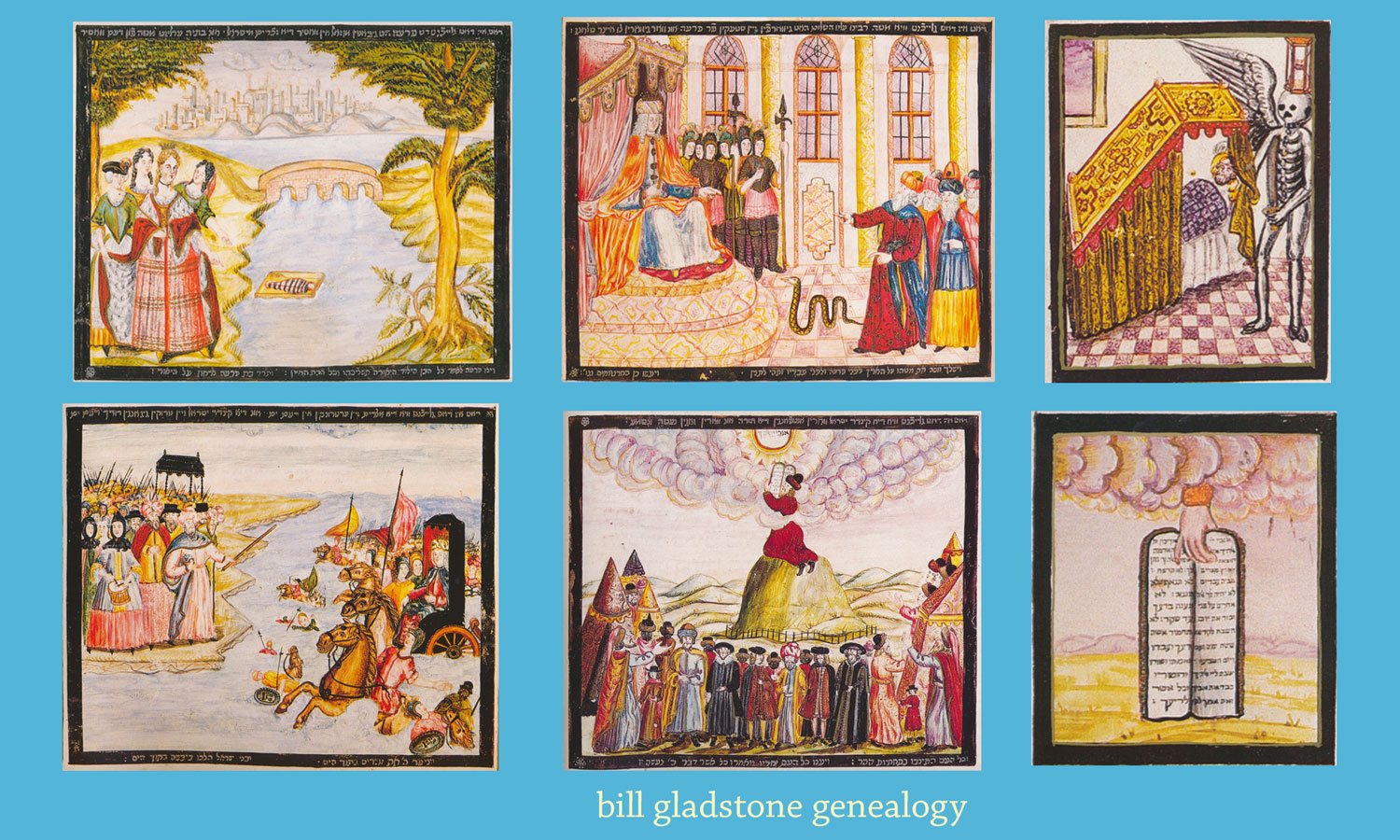Tarnobrzeg, Poland, formerly known as Dzikow, cannot be accused of being a pretty town. With a population of 40,000, it is perched on the eastern bank of the Vistula, in a region known for the production of sulphur. One pictures a dreary, blighted place, surrounded by dark denuded hills.
In 1757, a 15-year-old Christian boy disappeared from Tarnobrzeg. Allegations quickly arose that the Jews had murdered the boy and used his blood in the baking of matzah.
As in scores of localities across Christian Europe since medieval times, the results of Tarnobrzeg=s blood libel were tragically predictable. Upon the scantiest of circumstantial evidence, 12 Jewish men were arrested, tortured and burned at the stake. All the other local Jews fled.
Like the Salem witch-hunts or the auto-da-fes of Inquisition-era Spain, Tarnobrzeg’s 242-year-old blood libel has cast a stain upon the town’s reputation that does not easily go away. It marks the town even today.
Michael Honey, a retired engineer who lives in London England, has been waging a war against Tarnobrzeg since 1993, after reading a defamatory article about the town’s blood libel trial in Zeszyty Historyczne, a local historical journal. Originally written in 1929, the reprinted article conveyed the impression that the Jews had actually committed the crime for which they had been judicially murdered.
The article did not mention that the alleged Christian murder victim was found to be alive and well and living in a nearby town in 1774. Neither did the journal’s editor, Tadeusz Zych, bother to explain that the Jews were innocent of the fabricated murder pinned on them.
Honey was incensed by the gratuitous repetition of the libel, and what he saw as the journal’s serious crimes of omission. Born in Czechoslovakia, he had experienced Auschwitz as a child, had served as Mengele’s messenger boy. Most of his family, including his Tarnobrzeg-born mother, had been murdered. As a survivor, his very life has been an example of the high price that good men pay for doing nothing in the face of evil.
After reading the Zeszyty Historyczne, Honey vowed to fight — a modern knight battling a dragon with a pen as his sword. Taking a Zola-like stance, he wrote a stern letter to Zych and demanded a retraction. Zych, amidst a flurry of polite regrets, declined. More letters were exchanged, but Zych persistently refused to make any amends.
Convinced more than ever that his opponent was a Jew-baiting antisemite, Honey wrote letters of protest to the town’s mayor, the Polish ambassador to Britain, and others. All of his complaints have been referred back to Zych. Five years later, the journal still has not published a retraction and has given not the slightest indication that it will ever do so.
“If a fellow writes an age-old lie as fact, he’s actually like an eel, and you try to get hold of him and he slips through your fingers — he turns this way and that,” says Honey, who is now attempting to get media attention to shame Zych and the town into doing the right thing. “But I’ve come to the point where I don’t turn away any more. I don’t think it’s good policy any more for the Jews to turn a blind eye.”
Honey says he is unwilling to sit back and do nothing, or even soften his rhetoric. “For me, it’s a result of being in the camps, of being a slave. There was a time when I had to obey my masters because I was a slave — literally. You know, a slave has got to say ‘Yes, sir.’ I’m not prepared to live like that any more.”
A noted genealogist who lectures at international seminars, Honey’s unrelenting war on Tarnobrzeg has won support from some of his genealogical colleagues. However, it has made some others uneasy, partly because Tadeusz Zych has a proven sympathetic interest in local Jewish history and has helped Jewish genealogists trace their roots in the region.
Suzan Wynne, a Maryland-based specialist in Galician Jewish genealogy, admits she doesn’t sanction Honey’s confrontational approach. “I really believe that we need to work cooperatively with people, perhaps teach them by helping them get to know real Jews,” she says. “Most of these people have never seen a Jew — their only contact with Jews has been in history books. So I feel we need to be ambassadors and diplomats, and represent ourselves as cooperative, interested human beings.”
Gayle Schlissel Riley, a California genealogist, has a special interest in the Tarnobrzeg controversy, since her ancestor, Joske (Joseph) Skolnik, was among those burned alive. But her attitude is seemingly to turn the other cheek. “Some genealogists have said they’re willing to take this all the way to Elie Wiesel, even to the Pope,” she observes, “but hate doesn’t do anything but beget hate.”
Contacted by letter, Tadeusz Zych admits he committed a “grave error” by presenting the libel as fact, but says he is caught in a delicate balance between philosemitic and antisemitic forces. Still, he indicates that Zeszyty Historyczne will likely revisit the subject sometime in the coming year.
Meanwhile, Michael Honey remains unswerving in his resolve to see that the historical record, in this one instance, is fully and properly corrected. ♦
© 1999.






